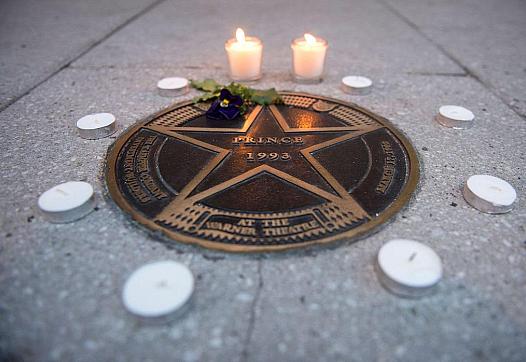
The tendency to blame the patient in the wake of deaths or complications often serves to obscure mistakes made by health care providers.

The tendency to blame the patient in the wake of deaths or complications often serves to obscure mistakes made by health care providers.
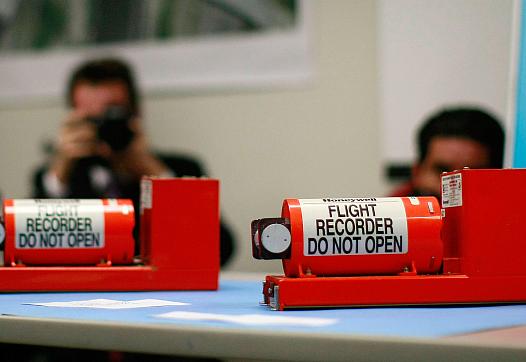
What would a more thorough effort to figure out what went wrong in health care-related deaths look like? Does medicine need the equivalent of aviation's black box?
![[Photo by Gage Skidmore via Flickr.]](/sites/default/files/styles/teaser_list_thumbnail_large/public/title_images/unnamed_51.jpg?itok=fXabfFry)
Paxton’s death should prompt reporters to seek out expert opinions and remind readers of the very real risks that come with medical interventions.
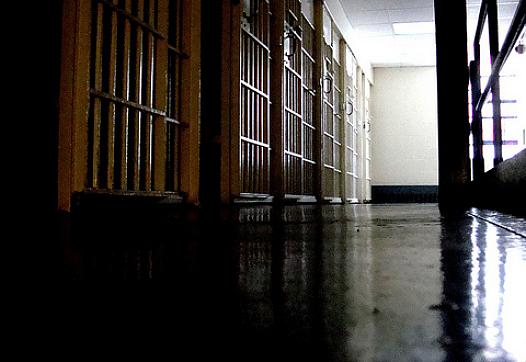
The solution lies not in building more psychiatric facilities, but in providing effective treatment and supports in the least restrictive setting, says Dr. Fred Osher.
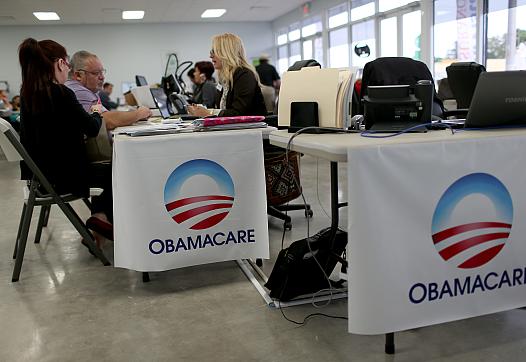
For many with pre-existing conditions, the prospect of an ACA repeal evokes fear of a return to high-risk pools. This is one in a series of four perspectives on the impact of Obamacare.
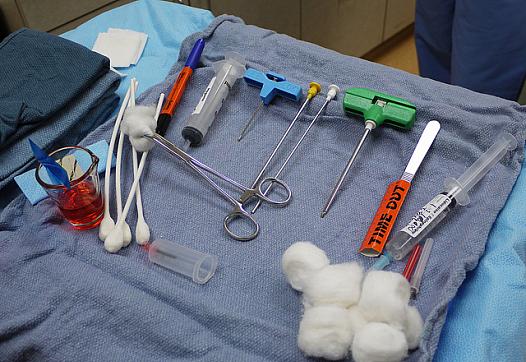
When an anonymous source informed The Detroit News that the Detroit Medical Center was improperly sterilizing surgical equipment, health care reporter Karen Bouffard started digging.
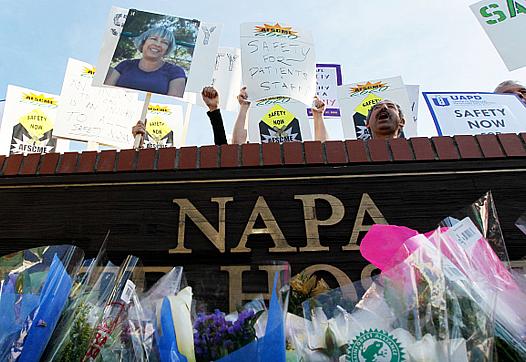
At California’s state psychiatric hospitals, ongoing assaults on staff by patients can make it nearly impossible to provide a therapeutic environment.
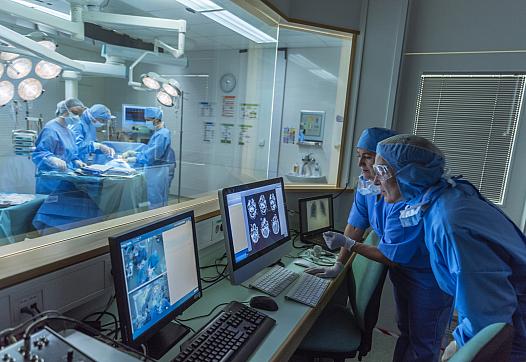
Everyone says health care needs more transparency when it comes to outcomes, but how might that work? And what's holding back efforts to improve care by shining more light on health care outcomes?
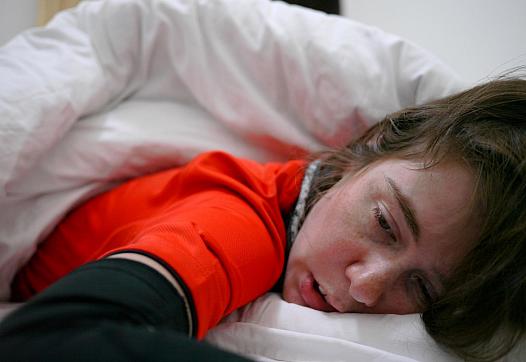
Doctors see patients with cases of food poisoning all the time. But patients too rarely bother to report the incidents to their local health department. If they did, we'd all be happier diners.
![[Photo: Christopher Furlong/Getty Images]](/sites/default/files/styles/teaser_list_thumbnail_large/public/title_images/GettyImages-71205638.jpg?itok=Dz5TvNEV)
Are California hospitals doing a better job of preventing serious mistakes in the wake of a state program that issues high-profile penalties for such errors? One reporter finds reasons for doubt in the data.